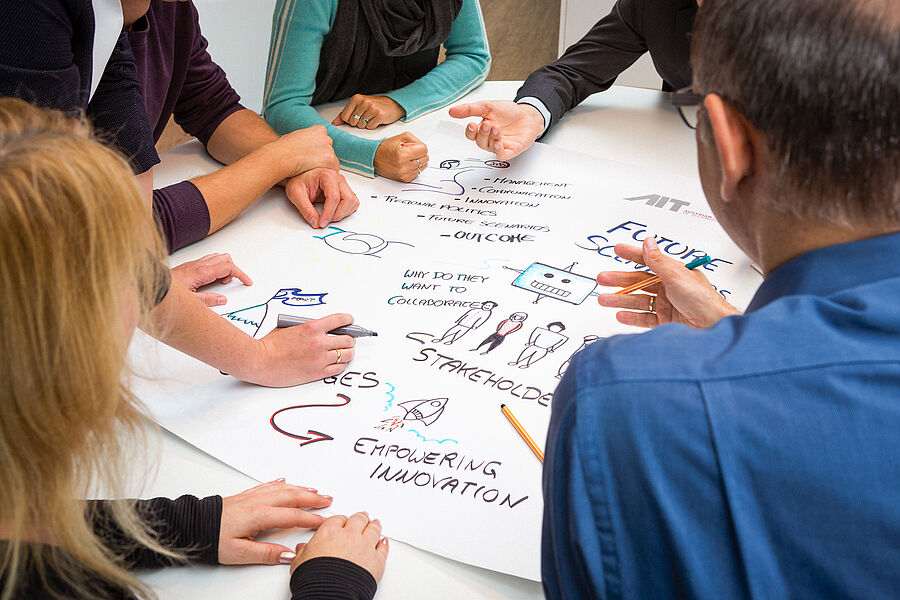The TANGO-W project, coordinated by the AIT, is an applied research project that uses the concept of ‘Urban Transformative Capacities (UTC)’ to explore and evaluate cities' sustainability potential, particularly at the intersection of food, energy and water systems. In this way, the project aims to help cities tackle the challenges associated with climate change and promote sustainable urban development.
UTC encompasses the collective capacity of different stakeholders to conceive, prepare, initiate and implement transformative change at social, organisational and ecosystem levels. The idea is to facilitate systematic change that ensures long-term transformation and thus enables sustainable future development.
The project builds transformation capacities at two levels: 1) at the urban level through the design and implementation of Urban Living Labs (ULL) and 2) at the European level through the establishment of a transdisciplinary Community of Practices (CoPs) between research partners and municipalities.
Both levels provide space for the development of UTC and thus accelerate urban change in a sustainable direction. The project will lead to policy recommendations for the replication of UTC practices, training tools and pilot courses that support capacity building in the ULL cities of Weiz (Austria), Kalgenfurt (Austria), Stockholm (Sweden), Norrtälje (Sweden), Alytus (Lithuania), Halden (Norway) and Marker (Norway).
Key Words: UTC, systems theory, transformative research, transdisciplinary research, living labs; intervention architectures and methods
Start: 03/2022
Duration: 36 months
Funded by: H2020, European Comission (European ENUTC Co-fund Program)
Contact: Doris Wilhelmer


